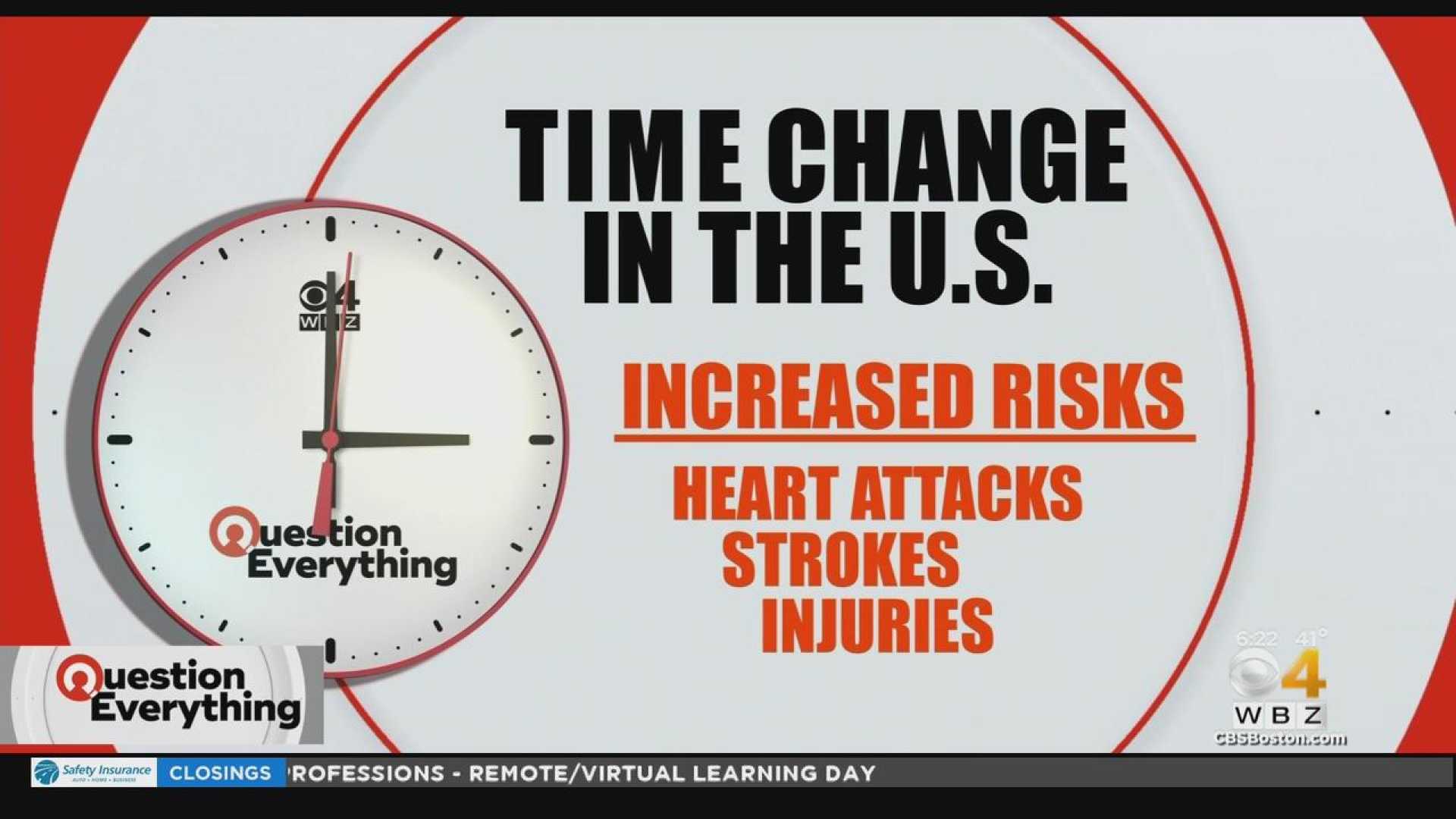News
Daylight Saving Time Debate Continues in the U.S.

Daylight saving time will end, with clocks set to be turned back one hour on Sunday, November 3, 2024. This reversion to standard time is a topic of ongoing debate in the United States, as many Americans argue against the biannual time change. Concerns include sleep disruption, increased risk of traffic accidents, and adverse effects on mental health. Despite these concerns, daylight saving time persists, traditionally running from the second Sunday in March to the first Sunday in November each year, allowing more daylight hours during the warmer months.
The practice, however, remains divisive. Efforts to make daylight saving time permanent have gained traction among lawmakers at both state and federal levels, yet none have successfully passed through both chambers of Congress thus far. In 2022, the Senate approved legislation for permanent daylight saving time, but it stalled in the House. New bipartisan legislation is currently under consideration but is not expected to advance significantly.
Supporters of daylight saving argue that it provides more daylight during post-work hours, potentially enhancing quality of life and reducing energy consumption during evenings. Opponents, however, cite numerous adverse health impacts, including increased heart problems and mood disorders, as described by researchers. Some experts argue that permanent standard time aligns better with human circadian rhythms.
Legislative efforts are underway in at least 30 states, with some already passing measures to adopt daylight saving time year-round, conditional upon federal law amendments. These states include Colorado, Minnesota, Mississippi, Utah, Wyoming, and South Carolina. Other states, such as Iowa, Illinois, and Nebraska, have similar pending legislations. Notably, Arizona and Hawaii have opted out of observing daylight saving time altogether.
Historically, daylight saving time dates back over a century. It gained momentum in the U.S. with the passage of the Uniform Time Act of 1966, initially stretching from the last Sunday in April to the last Sunday in October. The Energy Policy Act of 2005 later extended the observance from the second Sunday in March to the first Sunday in November, starting in 2007.












